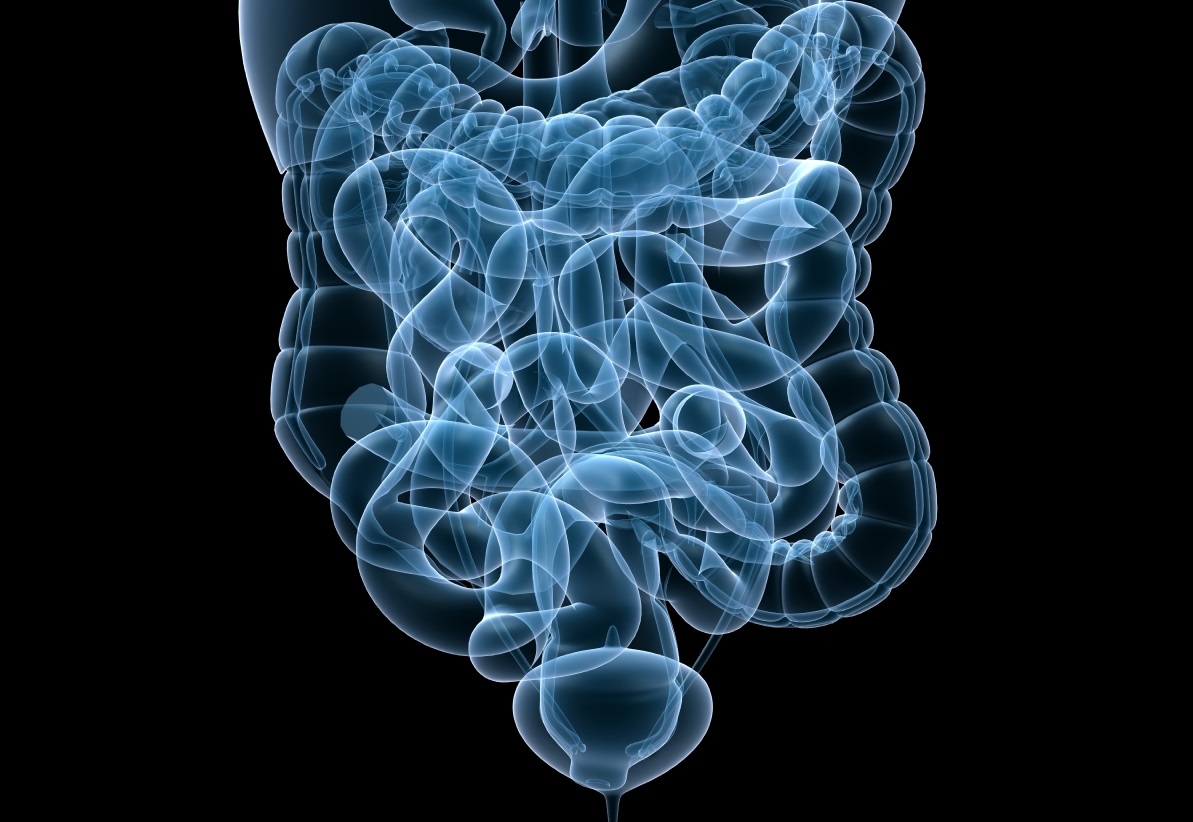
In this author’s latest posts, irritable bowel syndrome (IBS) was explored with a particular focus upon nutritional support (i.e., removal of triggering foods) to manage said condition in addition to use of digestive enzymes when and where indicated. In the following sections, this author would like to explore other nutritional themes that might be efficacious in mitigating the pathophysiology and symptoms underlying IBS. As such, the following will consider the use of glutamine as a means to heal the lining of the intestinal tract and its relationship to overall health.

As mentioned previously, IBS often presents with bloating, abdominal distension, and diarrhea.1Additionally, IBS can be defined/diagnosed by recurrent abdominal pain at least 1 day per week within the last 3 months, and is associated with two or more additional criteria (related to defecation): a change in frequency of stool, and a change in form (appearance) of stool.1(651) If an individual, for example, presents with frequent bouts of diarrhea after consumption of food one day a week or more, one might suspect IBS-D (irritable bowel syndrome with diarrhea). Such symptoms are particularly relevant to address, since persistent diarrhea can deprive individuals of key nutrients and induce dehydration; a condition, that if left unchecked, can be life threatening.2
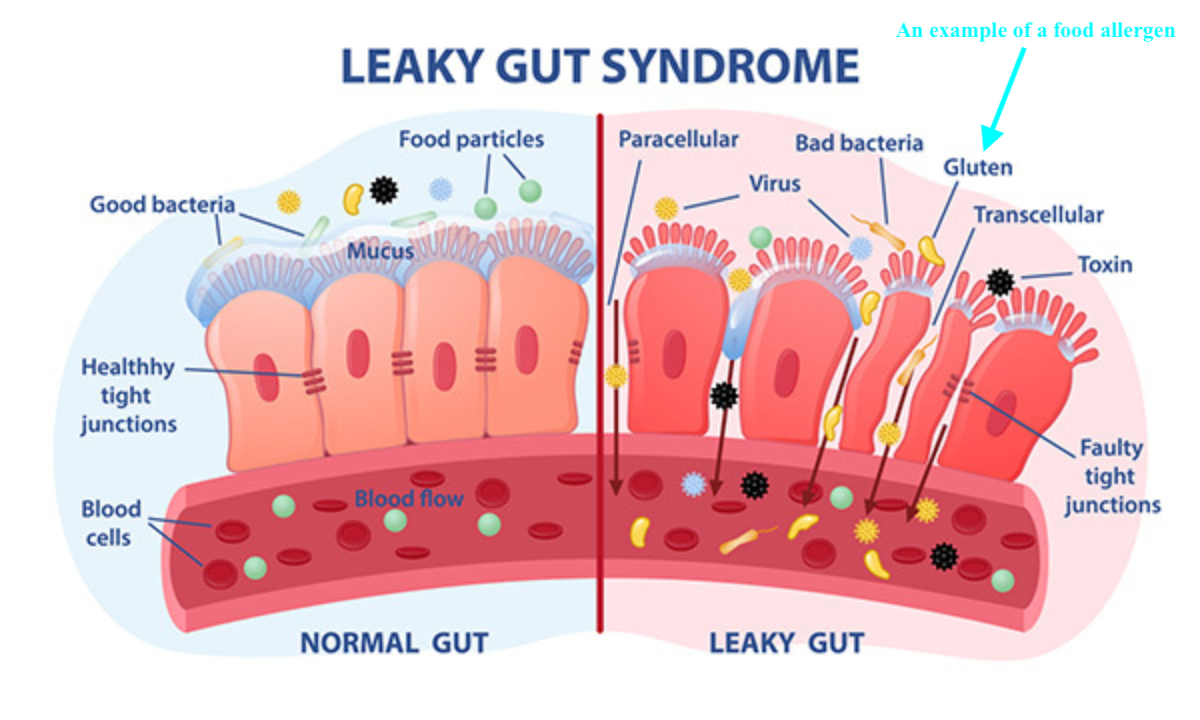
Foods can create allergic responses, which induce an inflammatory process along the intestinal tract. Food allergies can be defined as an immune response directed by basophil (innate) or mast cell (innate) histamine release. Such a response is immediate in nature and is likely to be severe.3 Such initiation of innate responses is driven by the presence of IgG or IgE antibodies; molecules produced by B lymphocytes (adaptive immunity) that bind to the surfaces of pathogens and is considered a type1 allergic reaction.3(434) Ultimately, continued exposure to triggering foods systematically worsens the condition of the gut lining and integrity. Therefore, removal of said foods is paramount. However, restoring the health and integrity of the intestinal tract is equally paramount.
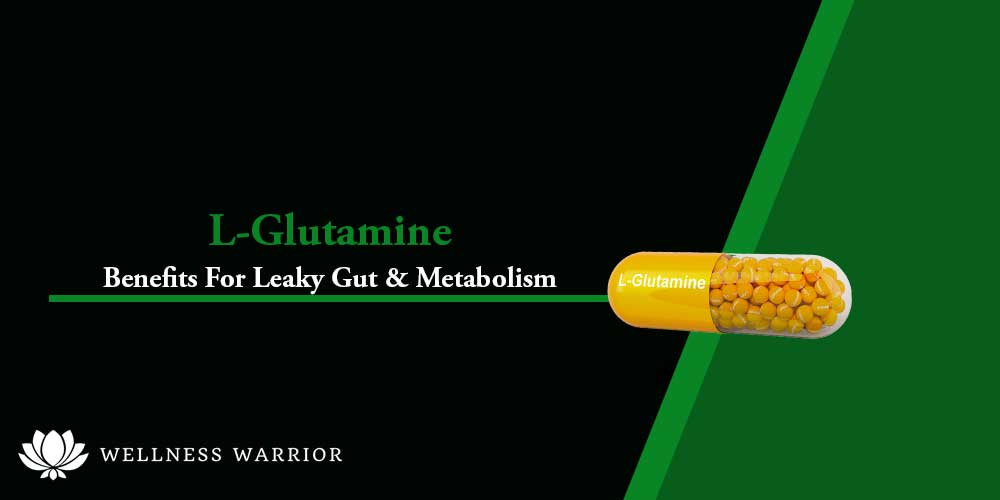
Glutamine is an amino acid that, among other nutrients, is the preferred substrate for cells in the intestinal lining (enterocytes), and works in concert with other amino acids to include arginine and leucine to maintain gut function and gut integrity.4 Such a submission is supported by evidence indicating that in intestinal cell culture studies, trans-epithelial resistance was maintained in the presence of glutamine.4(638) Furthermore, intestinal barrier function was also improved via glutamine supplementation amongst malnourished children, and low birth-weight children, by ingesting glutamine.4(639) Such findings indicate promise in using said amino acid in treatment of damaged enterocytes.
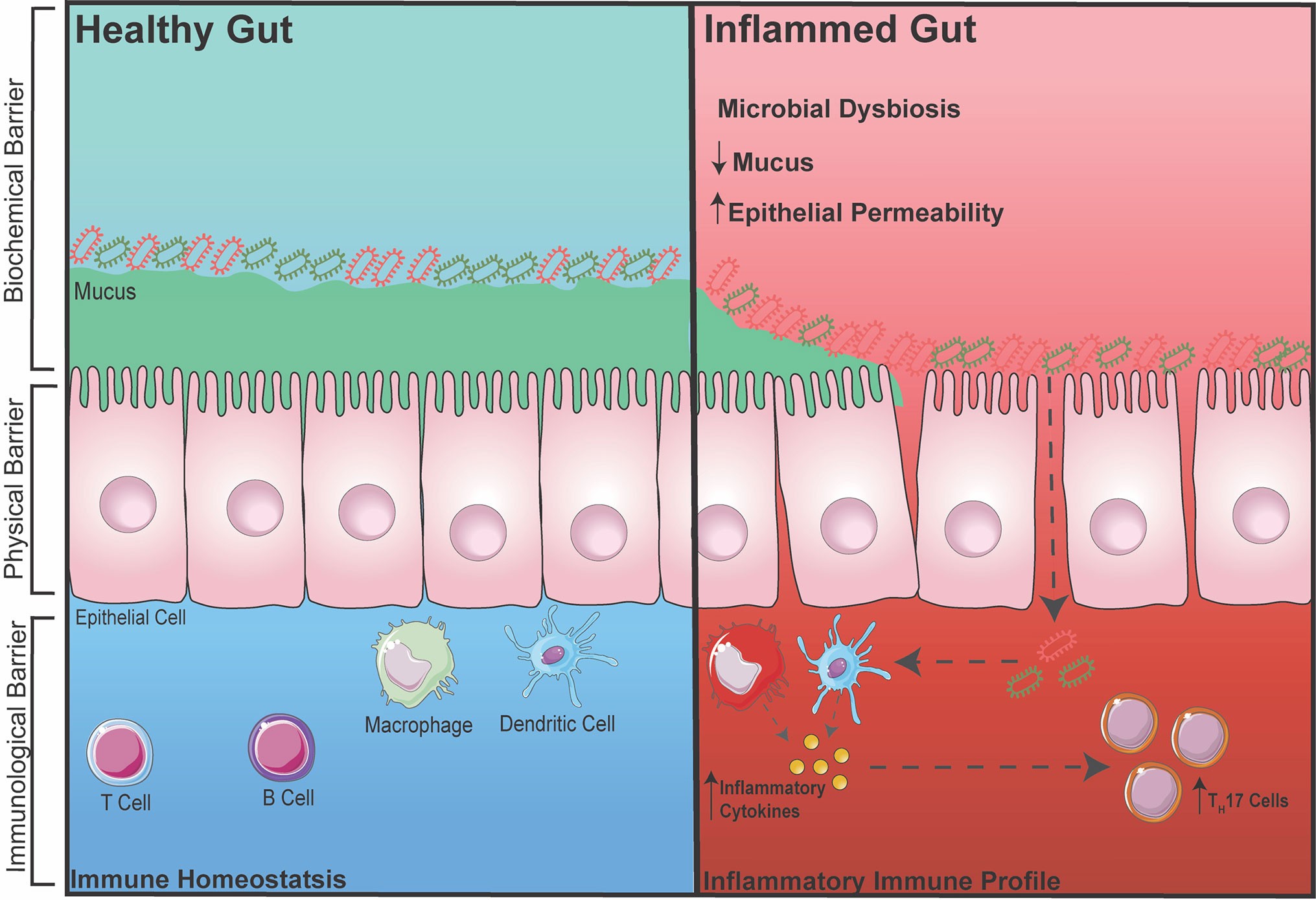
Increased permeability/leaky gut is generally observed in IBD, but is also found in various other pathologies that are initially indirectly related to gut disorders to include autism, allergies, and inflammatory response syndrome.4(636) As mentioned previously, glutamine supplementation was shown to help support gut health among malnourished children. Said findings were elucidated by recruiting 80 children (with parental consent) aged 2-60 months.5 27 participants were assigned to a control group receiving standard formula, while 53 participants were randomly assigned (double blind) to a group receiving standard formula with glycine (8.3 g/day) or standard formula with glutamine (16.2 g/day) over a 10-day period.5(29) Lactulose/mannitol (L/M) testing was performed at baseline, and after said interventions in the three aforementioned groups.5(30)
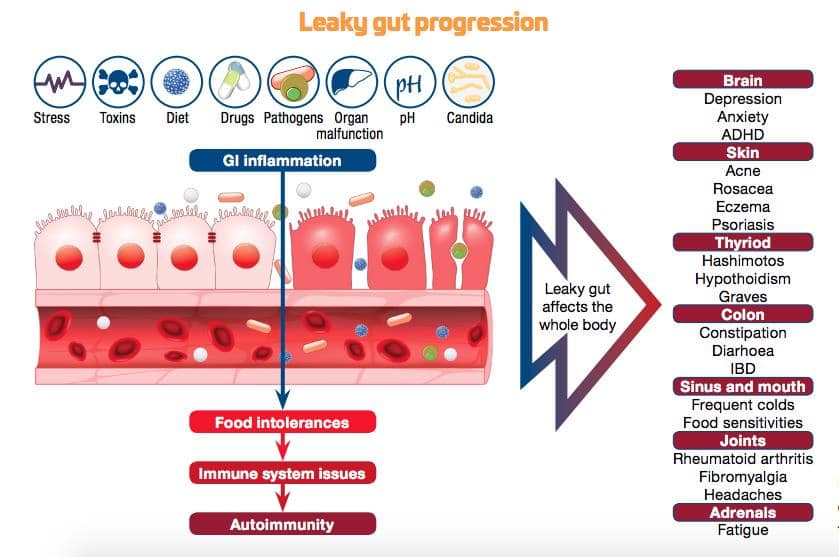
After the 10-day intervention, the L/M ratio was selected as the preferred outcome measure since it is an objective metric reflecting overall intestinal surface area, and gut barrier function.5(30),6 The results of the above study indicated that enteral glutamine (consumed through eating) was well tolerated/safe in malnourished children, with or without persistent diarrhea.5(34) Secondly, enteral formula supplemented with glutamine was associated with an improvement in intestinal barrier function as measured by the L/M ratio.5(31) Specifically, the group consuming standard formula with glutamine had a L/M ratio that decreased significantly between baseline and day 10. However, the lactulose/mannitol ratio did not change significantly in the non-supplemented formula group.5(31) Such results suggest the use of glutamine as a protocol in supporting intestinal barrier integrity not only for children, but potentially for adults with similar symptoms.
In conclusion, IBS can often present with bloating, abdominal distension, diarrhea, and poor intestinal barrier function. However, simple and cost-effective interventions, such as glutamine supplementation, could help decrease inflammatory responses, improve digestion/absorption of nutrients, and improve overall quality of life. If leaky gut is suspected and/or L/M tests indicate the same, glutamine could serve as another step in controlling IBS.
References
1. Graham DY, Ketwaroo GA, Money ME, et al. Enzyme therapy for functional bowel disease-like post-prandial distress. J Digest Dis. 2018;19(11):650-656. doi:10.1111/1751-2980.12655.
2. Diarrhea: Symptoms and Causes. Mayo Clinic website. https://www.mayoclinic.org/diseases-conditions/diarrhea/symptoms-causes/syc-20352241?page=0&citems=10. Updated May 16, 2020. Accessed February 26, 2020.
3. Lord RS, Bralley JA. Laboratory Evaluations for Integrative and Functional Medicine. Duluth, GA: Genova Diagnostics; 2012.
4. Rapin JR, Weirnsperger N. Possible links between intestinal permeability and food processing: a potential therapeutic niche for glutamine.Clinics. 2010;65(6),635-643. doi:10.1590/S1807-59322010000600012.
5. Lima AAM, Brito LFB, Ribeiro HB, et al. Intestinal barrier function and weight gain in malnourished children taking glutamine supplemented formula. J Pediatr Gastroenterol Nutr. 2005;40(1):28-35. doi:10.1097/00005176-200501000-00006.
6. Lord RS, Bralley, JA. Laboratory Evaluations for Integrative and Functional Medicine. 2nd ed. Duluth, GA: Genova Diagnostics; 2012.
-Michael McIsaac
